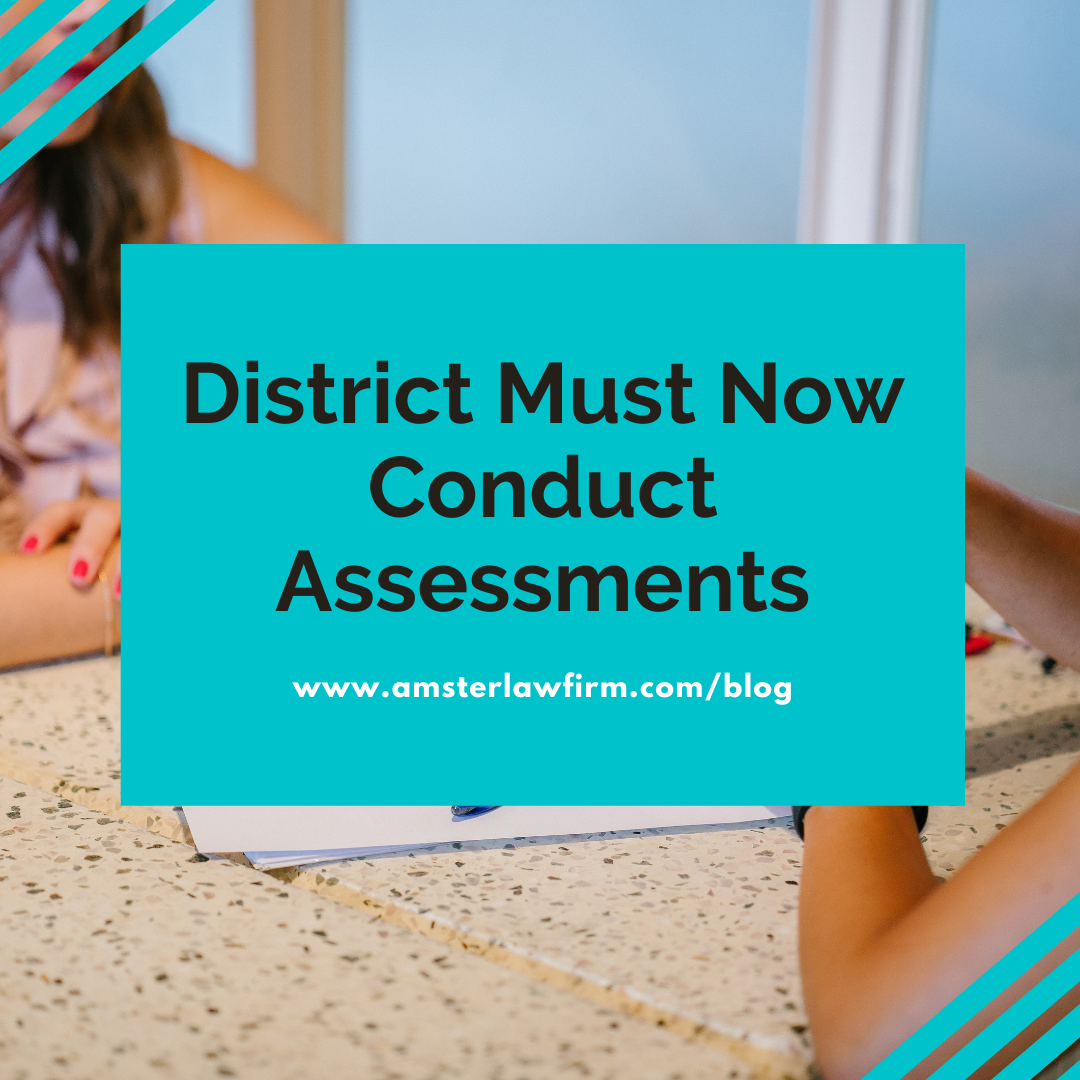If you are a parent of a special needs child, you face challenges every day. One of them should not be waiting for your child to be tested to determine whether or not learning disabilities are getting in the way of educational progress. If you have been put on hold due to the pandemic, there is a light at the end of the tunnel. Governor Gavin Newsom has signed Senate Bill 177 into law, effectively opening up pathways for special education testing that had previously been delayed due to the COVID-19 pandemic. Now, whether or not a school is open for in-person classes, local schools must address the needs of students with regard to testing requests, records requests, and more.
Specific Requirements
Parents can breathe a sigh of relief, knowing that there are now reasonable timelines in place for special education requests. For example:
- Schools are required to create a testing plan within 15 calendar days of a request. In the event the request was made during the previous school year, the testing plan must be proposed within 10 days of the new school year.
- When schools receive record requests from other school institutions, they must respond to those requests and send special education records within five business days.
- There can be no avoidable delays in providing records and scheduling IEP meetings to create an individualized education (IEP) plan, or in arranging for due process hearings or resolution sessions.
What Parents Can Expect
While issues associated with the pandemic have created plenty of problems for schools to juggle, the law in California now states that schools must have their ducks in a row in order to address the needs of those children in need of special education. For families that have been waiting since last spring for schools to respond to requests related to their special-needs children, this is welcome news. Schools should have organized requests for testing, records, and other matters and be processing them without delay.
Federal regulations require that special education services are provided to eligible children regardless of the method of delivery. So whether classes are in-person or remote, it is the responsibility of the school through the IEP team to create and deliver appropriate services for every child. Certainly, circumstances are constantly in flux. Nevertheless, children are entitled to a free appropriate public education (FAPE), and families can again count on schools to address the testing, records, and delivery issues in a timely manner.
Additionally, children who qualify for extended school year (ESY) services may anticipate the delivery of such services in the future.
Moving Forward
The country has been hit hard by the coronavirus, and no families understand this better than those of parents of children in special education who have had to fight tooth and nail to obtain the educational services their children require and to which they are entitled under state and federal law.
If your district is not conducting assessments you can file a compliance complaint with the California Department of Education or Due Process with the Office of Administrative Hearings. See this blog post on What to do if the District is Not Following Your IEP for more information on compliance complaints.


Add Comment